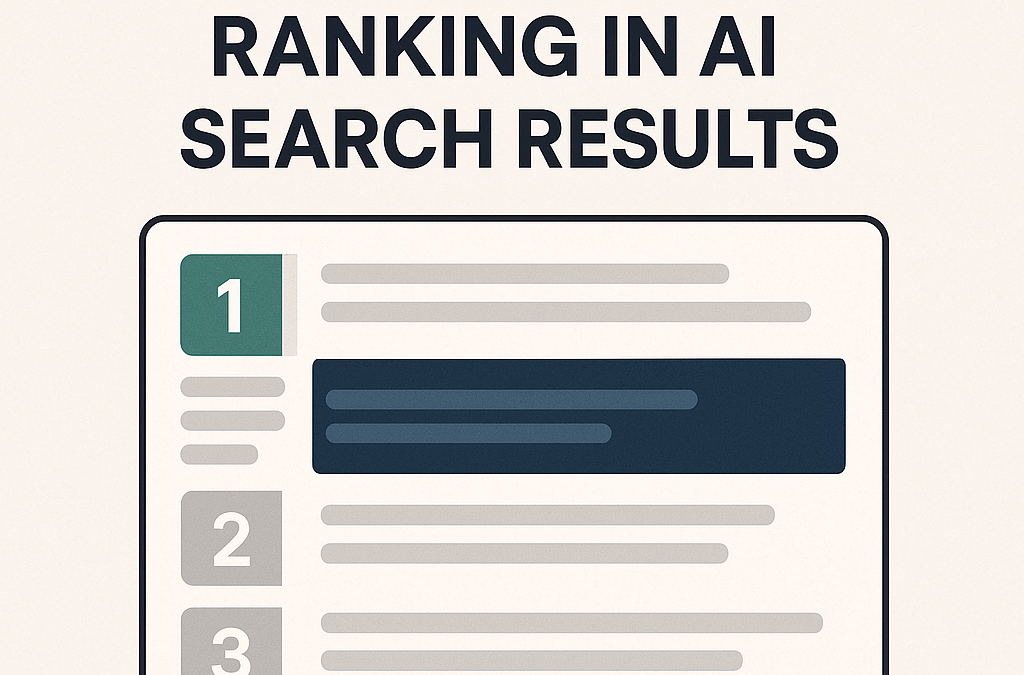Key Points
- Alleged Leak of Google API Documentation: An anonymous source claims to have leaked extensive Google Search API documents, allegedly verified by ex-Google employees.
- Contradictory Practices: The documents suggest Google uses clickstream data, evaluates user signals, and employs systems like NavBoost, contradicting Google’s public denials on various ranking practices.
- Verification and Expert Review: Former Google employees and SEO expert Mike King have reviewed the documents, indicating they appear legitimate and contain significant, previously unknown information about Google’s internal operations.
- Upcoming Detailed Analysis: A comprehensive review of the leak will be presented by Mike King at SparkTogether 2024, providing deeper insights into Google’s search practices.
Background
On Sunday, May 5th, Rand Fishkin of SparkToro received an email from an anonymous source claiming to have access to a significant leak of API documentation from Google’s Search division. This email alleged that the documents had been verified as authentic by former Google employees and contained information contradicting many of Google’s public statements about its search operations.
Key Allegations
The claims made in the email are extraordinary and, if true, would significantly alter the understanding of Google’s search ranking mechanisms. Here are some of the critical allegations:
Contradictions to Public Statements
- User Signals: Google has repeatedly denied using click-centric user signals in its ranking algorithm.
- Subdomains: The company has claimed that subdomains are not considered separately in rankings.
- Sandbox Effect: Google has denied the existence of a sandbox for newer websites.
- Domain Age: Google has also denied that the age of a domain is collected or considered in its ranking algorithm.
Extraordinary Claims
The leaked documents allegedly reveal several practices and systems that Google uses internally:
- Clickstream Data: Google’s search team recognized the need for full clickstream data (every URL visited by a browser) to improve search result quality.
- NavBoost System:
- Initially gathered data from Google’s Toolbar PageRank.
- The creation of the Chrome browser in 2008 was motivated by the desire for more clickstream data.
- NavBoost uses search demand, clicks on search results, and engagement (long vs. short clicks) to influence rankings.
- Utilizes cookie history and logged-in Chrome data to combat manual and automated click spam.
- Query Evaluation: Scores queries for user intent based on engagement and attention thresholds.
- Search Result Boosts: Sites can receive boosts in search results based on user behavior in subsequent related searches.
- Host-Level Quality Evaluation:
- Evaluates overall site quality, possibly referring to what SEOs call “Panda”.
- Includes penalties for exact-match domain names.
- Considers a “BabyPanda” score and other spam signals.
- Geo-Fencing: Analyzes click data based on geographic and device usage.
- Whitelists for High-Profile Events: Maintains whitelists for Covid-related and election-related searches.
Authenticity of the Leak
A critical step was verifying the authenticity of the leaked documents. Rand Fishkin reached out to former Google employees, and the responses were cautiously affirmative:
- Former Googlers’ Responses:
- One declined to comment, feeling uncomfortable reviewing the documents.
- Two others indicated the documents looked legitimate, noting the adherence to internal Google standards for documentation and naming conventions.
- Expert Analysis: Fishkin sought the expertise of Mike King, founder of iPullRank, who reviewed the documents and confirmed they appeared to be legitimate, containing extensive, previously unconfirmed information about Google’s internal workings.
Further Analysis and Upcoming Presentation
Given the volume of the leaked material—2,500 technical documents—an exhaustive review over a single weekend was impractical. However, Mike King has provided an initial, detailed analysis, which will be expanded upon at SparkTogether 2024 in Seattle, WA on October 8. During this event, King will present a comprehensive review of the leak, offering deeper insights into Google’s search operations.
Implications and Skepticism
While the claims are remarkable and warrant skepticism, the implications of these revelations, if true, are profound. They could fundamentally change the understanding of Google’s ranking factors and search operations, impacting SEOs and webmasters worldwide. The upcoming detailed review and presentation by Mike King at SparkTogether 2024 will be crucial in determining the validity and impact of these alleged practices.









